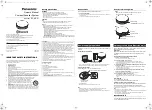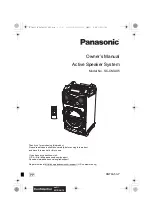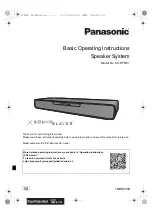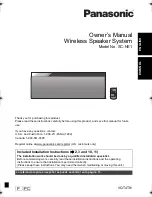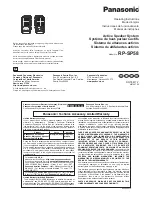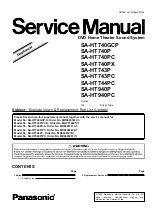
CQL1511-B Bluetooth Speaker
Instruction Manual (Read before proceeding)
Power:
z
Please charge your Bluetooth speaker fully before its first use.
To charge the battery:
z
Using a
Micro
USB cable (included), insert the USB power cable into the micro USB port located
on the back of the speaker. Connect the other end of the USB cord into a powered USB source
such as a computer, laptop or USB AC adapter.
z
When your Bluetooth speaker is charging, the indicator light will turn red.
z
Once your Bluetooth speaker is fully charged, the red light will turn off.
Playing Music Via Bluetooth
z
Turn your Bluetooth speaker on by sliding the power switch located on the back of the speaker to
‘ON’ position.
z
The blue indicator light will flash quickly. This indicates that the speaker is in pairing mode and is
searching for your Bluetooth device.
z
Make sure the Bluetooth function on your device is turned on.
z
Search the speaker named
,”xxxx”.
z
Once you have selected the speaker, your device will pair without a password. (If your device
prompts for a password, enter the password”0000”.
z
Once your speaker is paired, the blue indicator light will begin to flash slower.
z
Start playing music on your device. Make sure that you keep your device within a 33 feet range of
your Bluetooth speaker.
z
Adjust the volume of your device to a comfortable level.
z
Turn off the unit when not in use.
Warning:
This is not a toy. Please keep away from children.
Please keep away from water / heat.
Low power may cause poor connection or may cause the Bluetooth function to not work
FCC Warning
Any Changes or modifications not expressly approved by the party responsible for compliance
could void the user's authority to operate the equipment.
This device complies with part 15 of the FCC Rules. Operation is subject to the following two
conditions:
(1) This device may not cause harmful interference,
and (2) this device must accept any interference received, including interference that may cause
undesired operation.
Note: This equipment has been tested and found to comply with the limits for a Class B digital
device, pursuant to part 15 of the FCC Rules. These limits are designed to provide reasonable
protection against harmful interference in a residential installation. This equipment generates,



